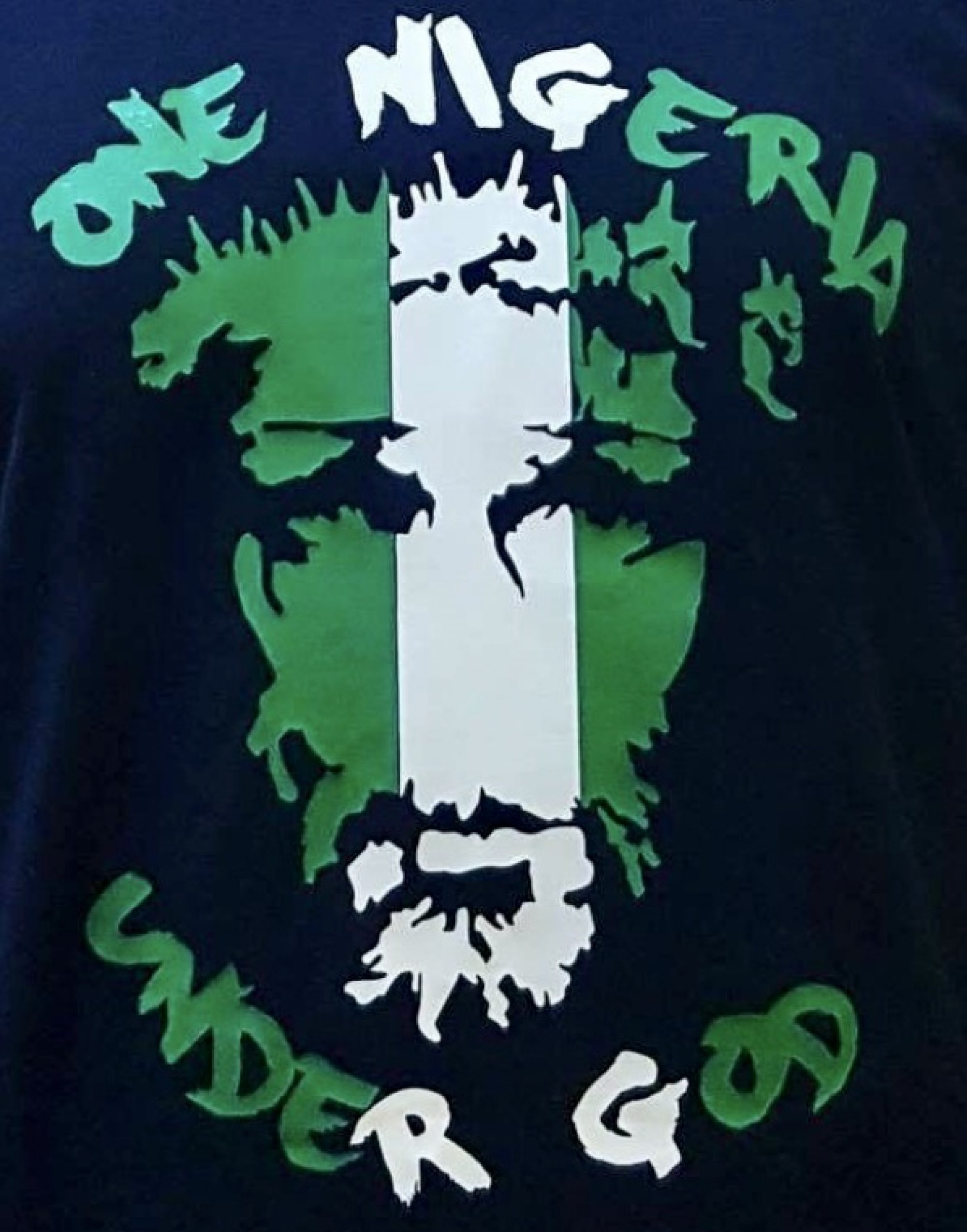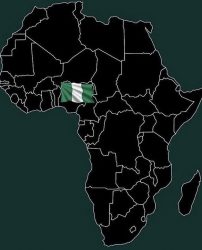Surging inflation, a volatile and depreciating currency, rampant insecurity and electricity shortages are driving US and European multinationals out of Nigeria.
But where they see adversity, Asian firms and local companies see opportunity.
Singapore’s Tolaram last week took control of Guinness Nigeria from the UK’s Diageo, while Turkey’s Hayat Kimya and Nigeria’s Fouani Group have stepped into the gap left in the diaper market by Procter & Gamble’s exit. Lagos-based Fidson Healthcare is picking up the slack created by GSK’s departure by expanding its range and exporting its products.

The central business district in Lagos. Photographer: Benson Ibeabuchi/Bloomberg
They face many of the same obstacles that hindered the multinationals’ operations, but are managing to succeed — in part because they have higher risk tolerance and have adopted different strategies.
Tolaram is a case in point. It has sought to localize its costs over the past few decades, milling flour, refining palm oil and exploring the option of growing its own crops within the country.
That’s given it less exposure to the naira’s swings and shielded it from foreign-exchange shortages. It has also been well positioned to expand when competitors have left.
Should Nigeria’s economy turn, the companies that have stayed will reap the rewards.
“We believe in the power of 230 million people,” said Girish Sharma, an executive director at Tolaram. The “Nigerian situation will correct and when that happens, we will be the biggest beneficiaries.’’


